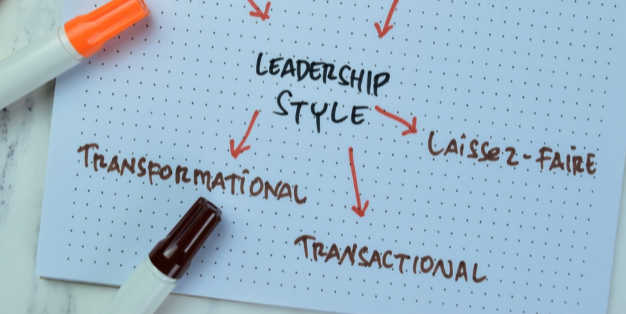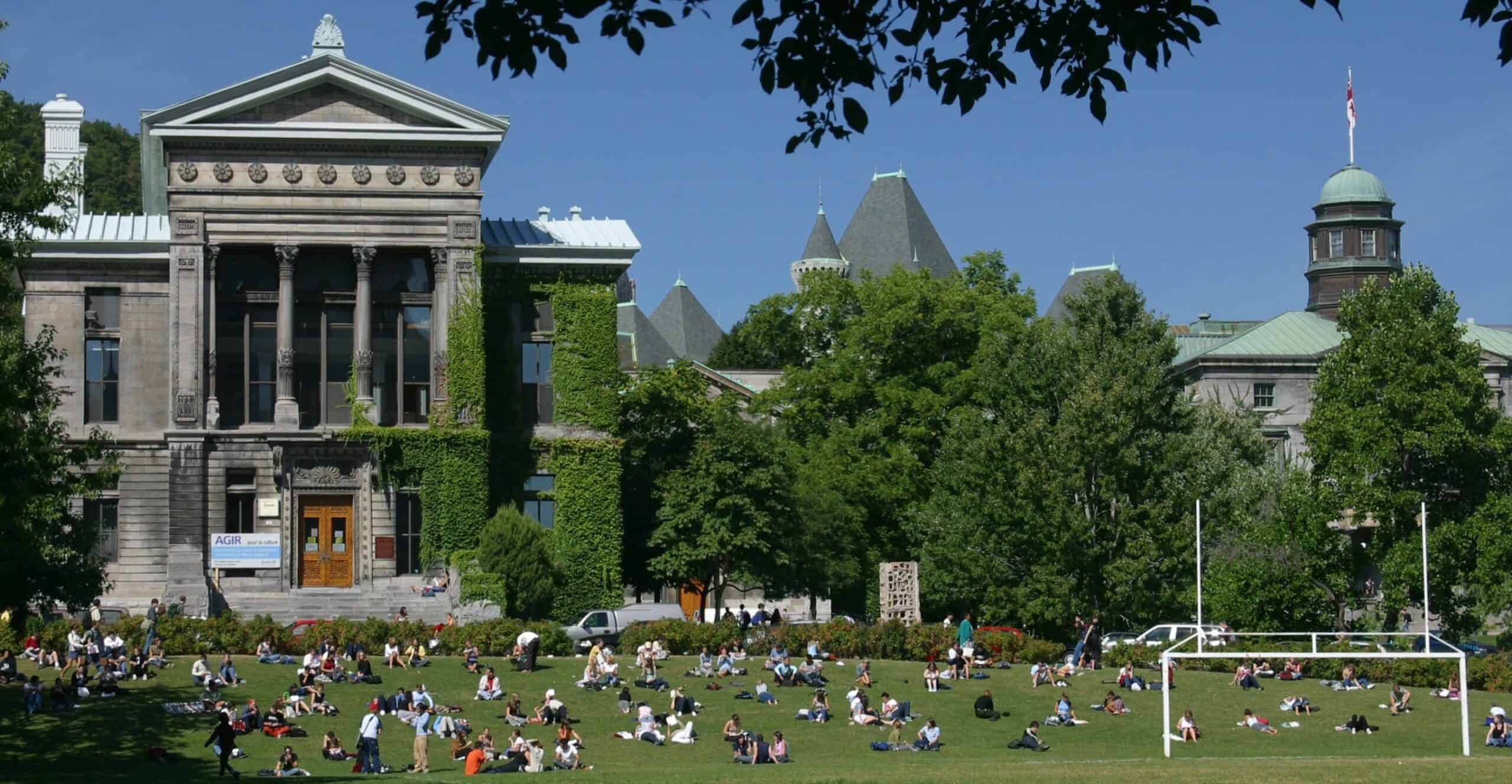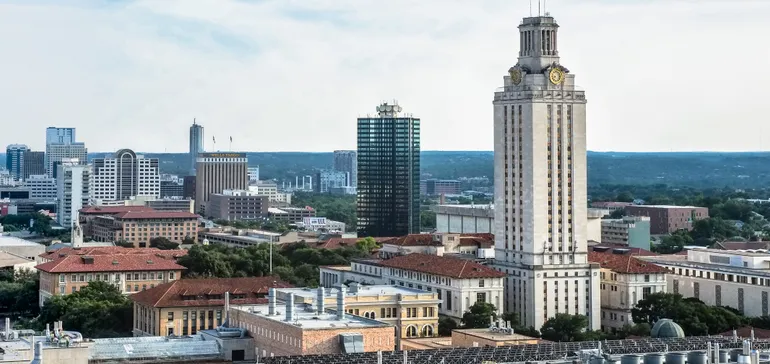Monkey Business Images/Shutterstock
Kelly opened by setting the stage for the month’s theme. “We’re celebrating October as Careers in Student Affairs Month, which is exciting,” she said. “Let’s learn a little more about your background, Jeremy, before we get into the questions.”
Moore, who has worked in higher education for more than 15 years, reflected on his journey and what keeps him motivated. “No two days are the same,” he said. “One moment I’m helping student government get approvals for a sauna pod trailer for finals week, the next I’m in a campus emergency meeting. You can have highs and lows in a day, but I’m buoyed by the optimism and potential of our students.”
Trends Shaping Student Affairs
At Naropa, Moore oversees housing, counseling, and wellness. He shared several key trends shaping his work and the broader field:
Evolving student demographics: More adult learners are returning to school, with the average student age over 30. Online growth: Nearly half of Naropa’s students now study online. Increased case volume: “We’ve seen a 20 to 30 percent increase each semester since I started in 2021,” Moore said. “It’s not sustainable. I worry about burnout and how to retain staff.”
Building Skills and Staying Curious
When Matt asked how he’s adapted to these changes, Moore said he’s embraced curiosity and lifelong learning. “At Naropa, we talk about ‘beginner’s mind’ — looking at things with fresh eyes,” he said.
Matt added, “Jeremy, I love those insights — the shift in modality, the focus on mental health.”
Moore also shared that experiences outside higher education have helped him grow. “I work elections every year, which helps with public engagement and conflict resolution,” he said. “I also secret shop as a side hustle — it sharpens my observation skills and improvisation.”
An Educator With a Different Kind of Classroom
Moore described himself as “an educator with a different kind of classroom.” “My classroom isn’t brick-and-mortar,” he said. “It’s residence halls, student events, leadership meetings — all the places students grow outside academics.”
He explained that student affairs work helps students build resilience beyond campus. “Those ‘bumpers’ we provide, like support systems and guidance, don’t always exist once they enter the workforce,” he said.
Kelly noted, “I love that metaphor of bumpers — providing support while preparing them for real life.”
Technology, Retention, and Connection
Moore explained how Naropa uses technology to expand support. The university partnered with EdSights to launch a chatbot that checks in with students on well-being, finances, and academics.
“When I first proposed it at our Buddhist-inspired institution, people were skeptical — ‘AI at a contemplative university?'” he said. “But it’s helped us scale support without losing the human touch.”
The chatbot maintains a 70 to 80 percent engagement rate. “The goal isn’t to do more work but to use technology ethically and efficiently,” Moore said.
On retention, he emphasized personal outreach. “Our advising team calls students who have stopped out to see if they’d like to return. Many do — they just needed support after personal or financial challenges. That personal touch matters.”
Avoiding Burnout and Rethinking Work
Moore said working at a Buddhist-inspired university helps his team stay grounded. “We start and end each meeting with a bow — it’s a grounding practice,” he said. His team also follows a hybrid schedule of three days in the office and two remote. “It’s been a game changer for reflection.”
When asked what to retire and what to embrace in student affairs, he said:
Retire: outdated hiring practices. “Timelines drag, feedback is rare, and communication often ends without closure.” Embrace: flexibility. “Hybrid and remote work are here to stay. The next generation values adaptability, and we should too.”
Matt summed it up: “This has been the perfect conversation for Careers in Student Affairs Month.”
Final Thoughts
Moore closed with gratitude for the mentors who shaped his path. “Their support helped me get where I am, and now it’s my turn to pay that forward,” he said. “Sponsorship and mentorship are vital to keeping our field strong.”
Takeaway for Student Affairs Professionals
This episode goes into detail about how connection, balance, and adaptability keep student affairs moving forward.
Student demographics and modalities are shifting — flexibility is key.
Technology can enhance belonging when used ethically and intentionally.
Retention grows through communication and compassion.
Self-care and mentorship sustain professionals for the long term.
The future of student affairs will depend on adaptability, empathy, and innovation.
To hear more about how Moore and his team are rethinking connection and retention in student affairs, listen to the full episode below.
As a reminder, the full transcript of every HigherEdJobs Podcast can be found by clicking on “transcript” next to the episode’s show notes.
Let us know how your institution celebrated Careers in Student Affairs Month by tagging @HigherEdCareers on X or emailing us at [email protected]



























